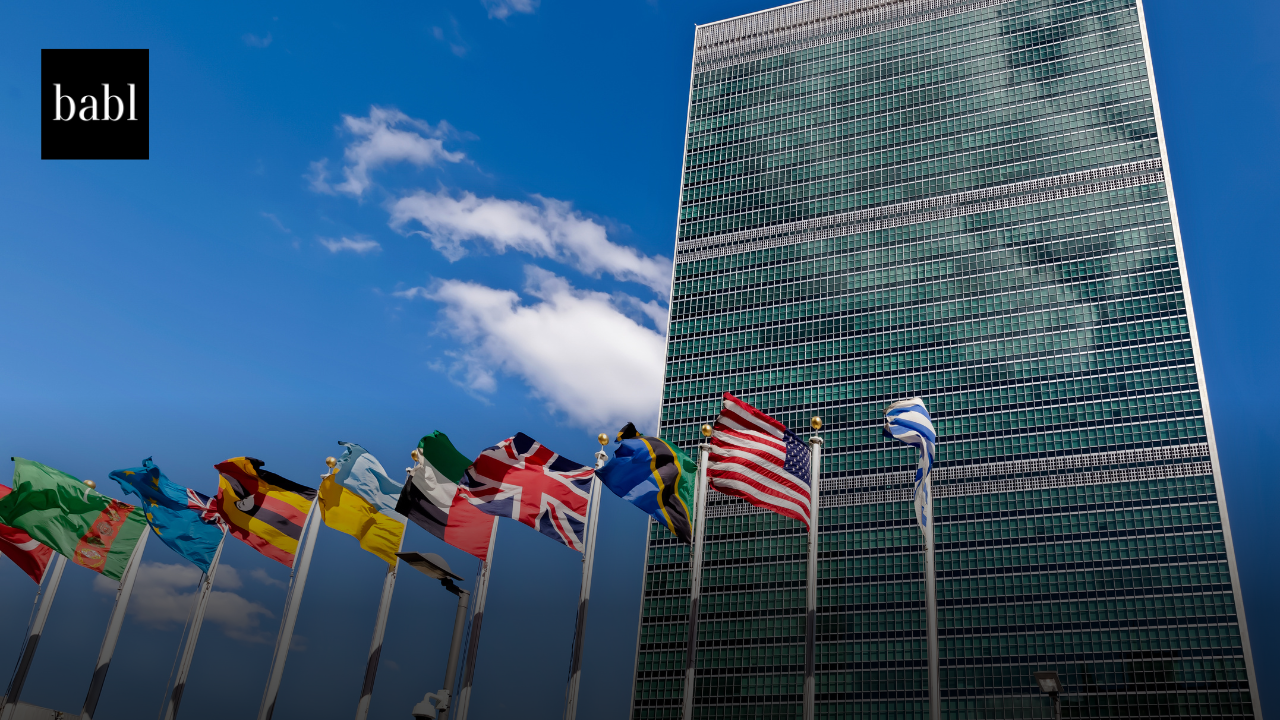Artificial intelligence dominated discussions at the U.N. Security Council on Wednesday, as global leaders acknowledged the technology’s vast potential while warning of the dangers it poses if left unchecked, the Associated Press reported.
U.N. Secretary-General António Guterres opened the debate by highlighting AI’s dual role. “AI can strengthen prevention and protection, anticipating food insecurity and displacement, supporting de-mining, helping identify potential outbreaks of violence, and so much more,” he said. “But without guardrails, it can also be weaponized.”
British Deputy Prime Minister David Lammy underscored AI’s value in peacekeeping through real-time analysis and early warning systems, but cautioned against its risks in armed conflict, including miscalculation and AI-powered bots that could inflame tensions.
The meeting comes amid growing international concern over AI’s influence since ChatGPT’s release three years ago, which sparked a global race among tech companies even as experts warn of threats ranging from engineered pandemics to runaway systems.
Recent U.N. steps to establish global governance include a General Assembly resolution creating a Global Dialogue on AI Governance and an independent expert panel modeled on the climate change IPCC. Recruitment for the 40-member panel is underway, with the first Geneva meeting slated for next year.
Several leaders pressed the Council to ensure AI use in militaries remains under human oversight. Sierra Leone’s Foreign Minister Timothy Kabba said safeguards are needed to prevent devastating errors, while Greek Prime Minister Kyriakos Mitsotakis compared today’s challenge to the nuclear age, urging the Council to “rise to the occasion.”
Concerns over digital inequality also featured prominently. Somalia’s President Hassan Sheikh Mohamud warned of “digital colonialism,” and Algeria’s foreign minister noted that only a fraction of African states have AI regulations in place.
Need Help?
If you have questions or concerns about how to navigate the global AI regulatory landscape, don’t hesitate to reach out to BABL AI. Their Audit Experts can offer valuable insight, and ensure you’re informed and compliant.





